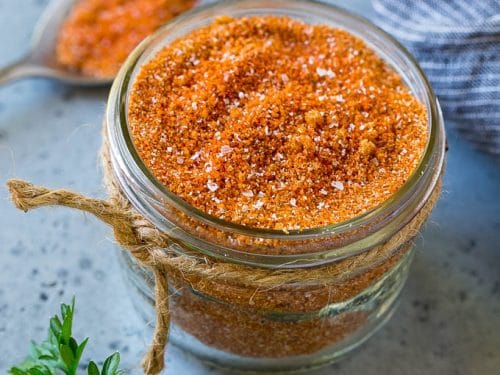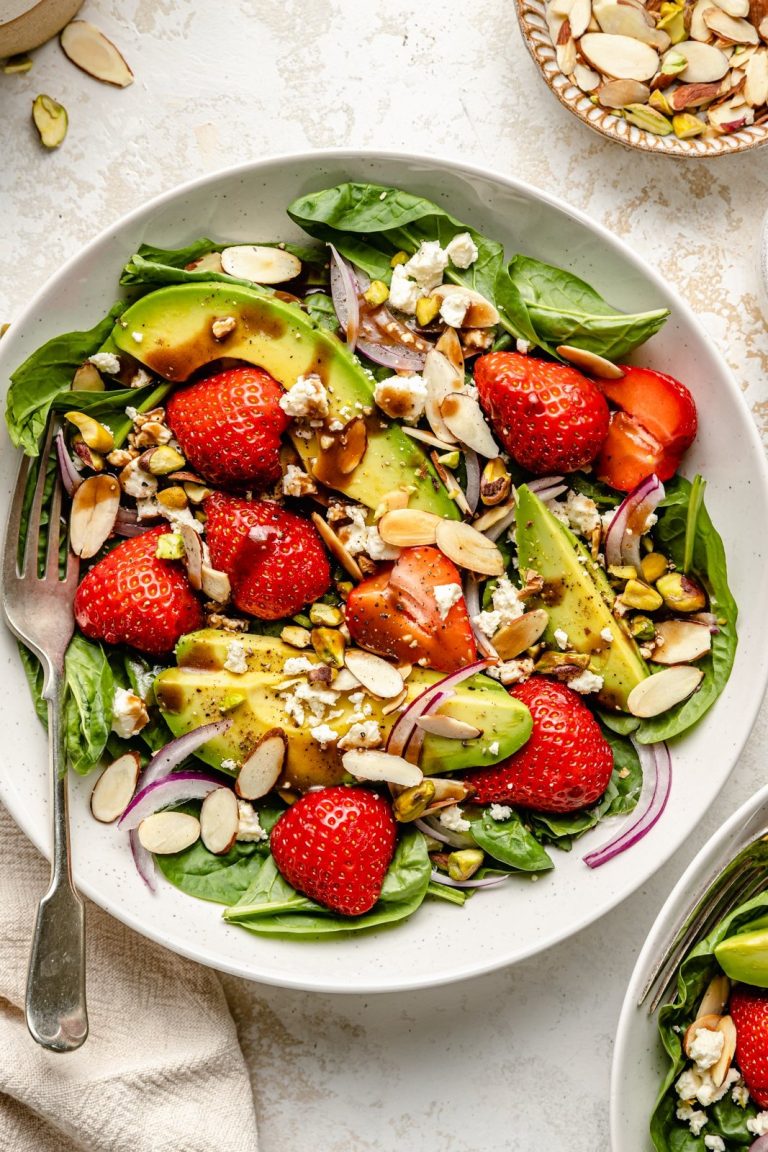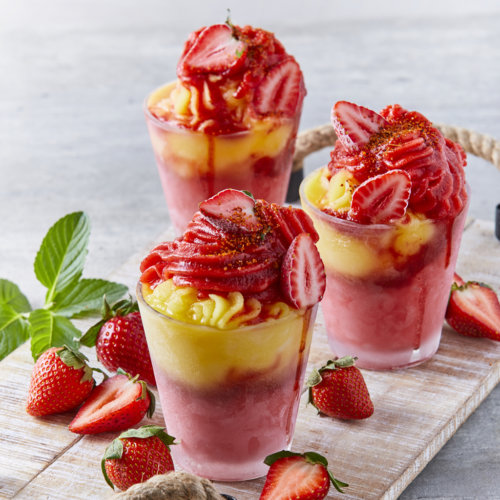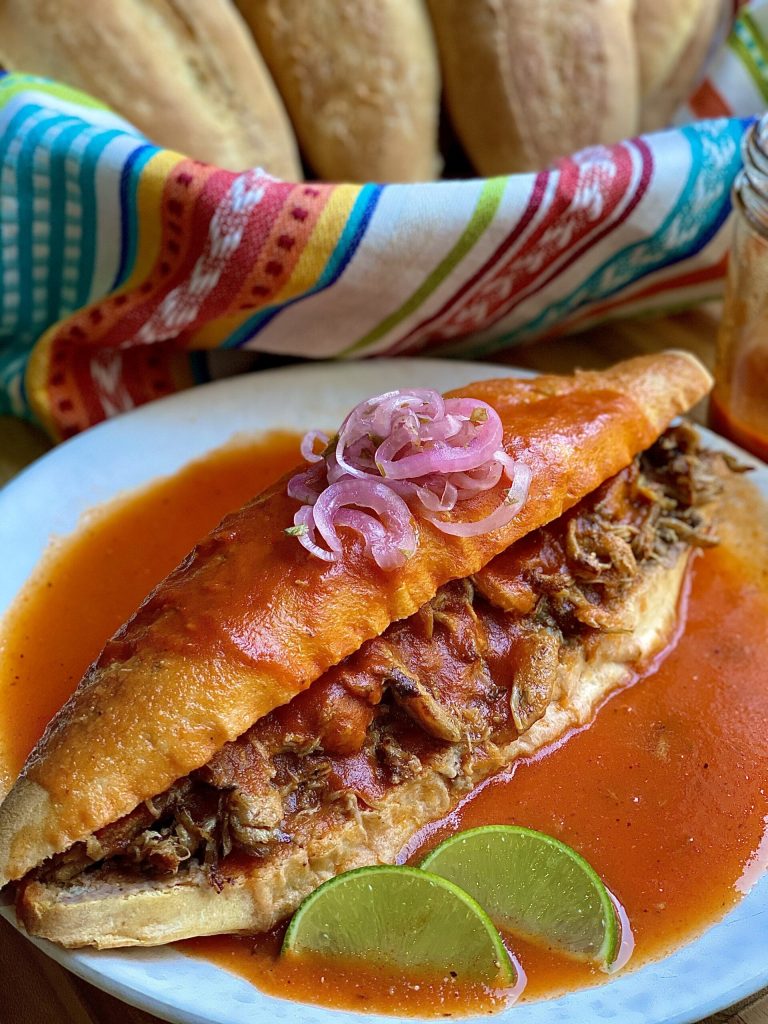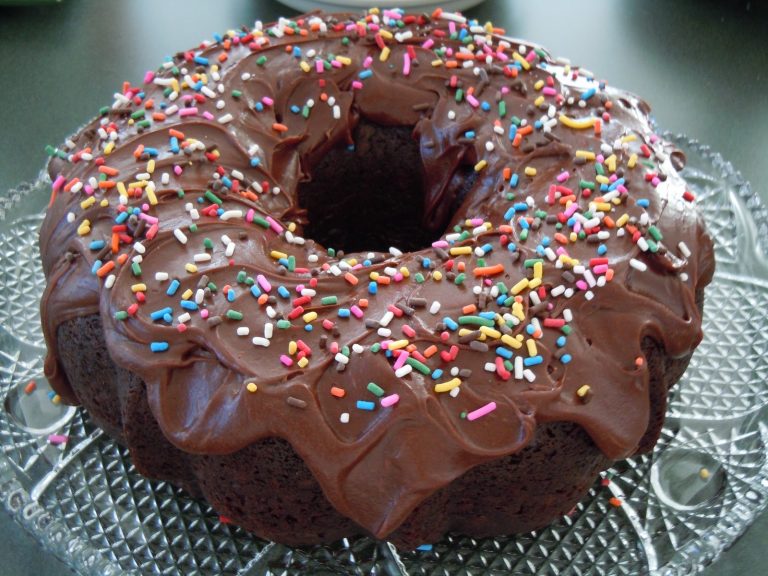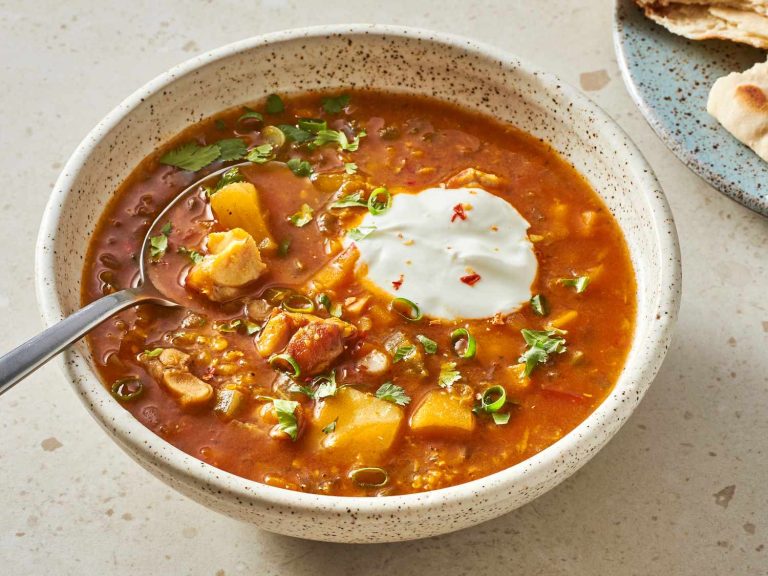BBQ Spice Rub: History, Brands, Tips & Health Benefits
BBQ spice rubs have a rich history that stretches back centuries, with roots in various cultures. Ancient Egyptians applied spice blends to meats for preservation and flavor. Native American tribes used regional herbs and spices to season their game. Over time, these practices evolved, with distinct regional rubs emerging in the American South during the 19th century. Different styles developed, such as Kansas City’s sweet and smoky rubs and Texas’s bold, peppery blends. Each region’s rub reflects local tastes and available ingredients, creating a diverse and flavorful landscape.
Popular Ingredients and Flavors
Common ingredients in BBQ spice rubs include paprika, black pepper, garlic powder, and brown sugar. Paprika adds a smoky, sweet note, and is often used in large amounts. Black pepper provides a sharp, pungent taste, enhancing the overall heat. Garlic powder offers an earthy, savory depth. Brown sugar introduces sweetness and helps caramelize the meat. Other spices like cumin (earthy and warm), chili powder (spicy and rich), and mustard powder (tangy and sharp) are frequently included. These ingredients combine to create complex layers of flavor, elevating your BBQ experience.
How to Choose the Best BBQ Spice Rub
Factors to Consider
When selecting a BBQ spice rub, focus on key factors that affect flavor and performance. Flavor profiles matter first. Think about the balance between sweet, salty, and spicy flavors. Sweet rubs often contain brown sugar and are ideal for pork ribs, while salty rubs work best with beef.
Next, consider ingredients. Check for natural, high-quality spices vs. artificial additives. Opt for rubs with fresh herbs and ground spices vs. those with fillers.
Also, think about versatility. A good spice rub performs well on various meats like chicken, beef, and pork, allowing you to use it across multiple dishes. Versatile rubs often contain a mix of paprika, garlic powder, and black pepper.
Packaging size impacts value. Larger packs offer a better cost per ounce, crucial if you’re an avid griller. Analyze the packaging to ensure you get the most for your money.
Lastly, read user reviews and expert ratings. Customer feedback provides insight into taste and performance, while expert ratings offer a professional perspective.
Top Brands on the Market
Certain brands stand out in the BBQ spice rub market due to quality and flavor consistency. McCormick Grill Mates is known for a well-balanced blend of spices and accessibility. Their rubs include flavors such as Brown Sugar Bourbon and Maple BBQ, catering to various taste preferences.
Bad Byron’s Butt Rub delivers a blend of spices ideal for all meats. It’s widely acclaimed for its deep, smoky flavor suitable for grilling and smoking.
Dizzy Pig’s BBQ rubs present a unique artisan approach, using fresh and high-quality ingredients. Varieties like Dizzy Dust and Cow Lick’s Steak Rub have garnered a loyal following for their complex flavors.
Traeger’s line of rubs supports their wood pellet grills but performs equally well on different grills. Options include bold flavors like Prime Rib Rub and Pork & Poultry Rub, designed to complement their smoke.
Lastly, Killer Hogs BBQ Rub, crafted by competition BBQ experts, boasts a mix designed for competition and home cooking. The rubs feature dominant flavors that work well with smoking and grilling.
Choosing the right BBQ spice rub involves factoring in flavor profiles, ingredient quality, versatility, packaging size, and reputable brands.
DIY BBQ Spice Rub Recipes
Classic BBQ Rub
Creating your own classic BBQ rub gives you control over the flavors. Combine common ingredients like paprika, brown sugar, and black pepper. Add garlic powder, onion powder, and salt for depth. Optional cayenne pepper or chili powder can provide a slight kick. Use this rub for pork, chicken, or beef.
Ingredients:
- 1/4 cup paprika
- 1/4 cup brown sugar
- 2 tbsp black pepper
- 2 tbsp salt
- 1 tbsp garlic powder
- 1 tbsp onion powder
- 1 tsp cayenne pepper (optional)
- 1 tsp chili powder (optional)
Combine all ingredients thoroughly in a bowl. Store in an airtight container to maintain freshness. When ready to use, apply generously on your meat of choice before grilling or smoking.
Spicy BBQ Rub
For those who love heat, a spicy BBQ rub intensifies your grilling experience. Mix chili powder, cayenne pepper, and crushed red pepper flakes. Keep balanced flavors with brown sugar, smoked paprika, and cumin. This rub is ideal for ribs, chicken wings, and even vegetables.
- 1/4 cup chili powder
- 2 tbsp smoked paprika
- 2 tbsp brown sugar
- 2 tbsp cumin
- 1 tbsp cayenne pepper
- 1 tbsp black pepper
- 1 tbsp garlic powder
- 1 tbsp onion powder
- 1 tsp crushed red pepper flakes
Blend all the ingredients in a bowl, ensuring even distribution. Store your spicy rub in an airtight container. Before grilling or smoking, coat your meat or vegetables generously with the rub for a spicy kick.
Each recipe ensures your BBQ is flavorful and tailored to your taste preferences. Prepare your rub in advance for the best grilling results.
Health Benefits and Dietary Considerations
Nutritional Information
BBQ spice rubs often contain a variety of spices and herbs, each contributing unique nutrients and health benefits. Common ingredients include paprika, black pepper, garlic powder, onion powder, and brown sugar. Paprika provides antioxidants like vitamin A and carotenoids, promoting eye health and reducing inflammation. Black pepper enhances nutrient absorption and has anti-inflammatory properties. Garlic powder can boost immune function and improve heart health by lowering cholesterol levels. Onion powder, rich in vitamins C and B6, supports immune health and metabolism. Although brown sugar adds flavor, it’s best used in moderation due to its high sugar content.
Allergy Advice
It’s vital to check BBQ spice rub ingredients to avoid allergens. Many blends contain common allergens like mustard powder or soy derivatives. If you’re sensitive to certain spices, look out for potential triggers like paprika or cumin. Customizing your own BBQ spice rub can be a safer option, allowing you to control each ingredient. Always read labels thoroughly and choose products that clearly state allergen information. For those with celiac disease or gluten sensitivity, ensure the rub is labeled gluten-free.
Conclusion
Exploring the world of BBQ spice rubs opens up a realm of flavors and health benefits. Whether you’re a seasoned grill master or a BBQ newbie, understanding the origins, key ingredients, and how to choose the best rub can elevate your grilling game. Remember to consider dietary needs and potential allergens when selecting or customizing your spice rubs. With the right blend, you can transform any BBQ dish into a culinary masterpiece. Happy grilling!
